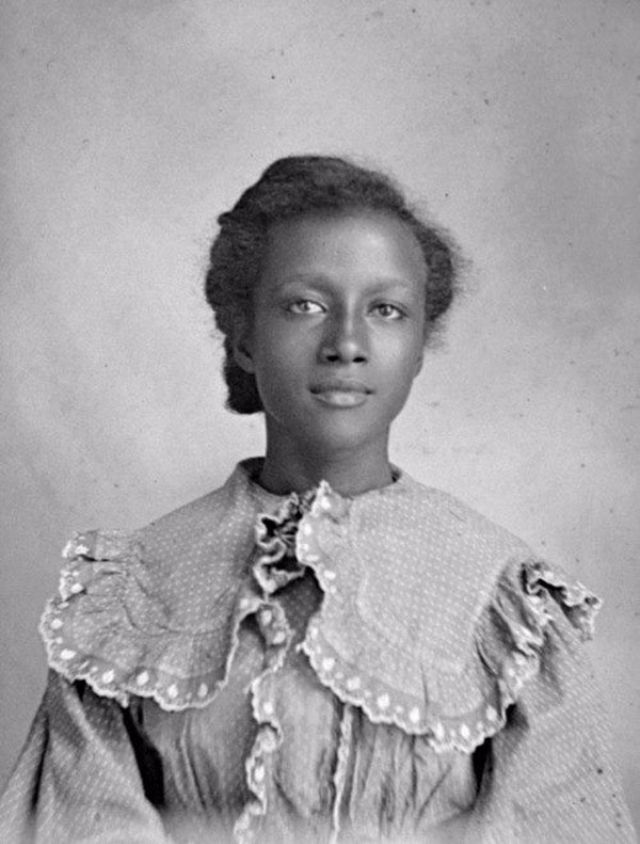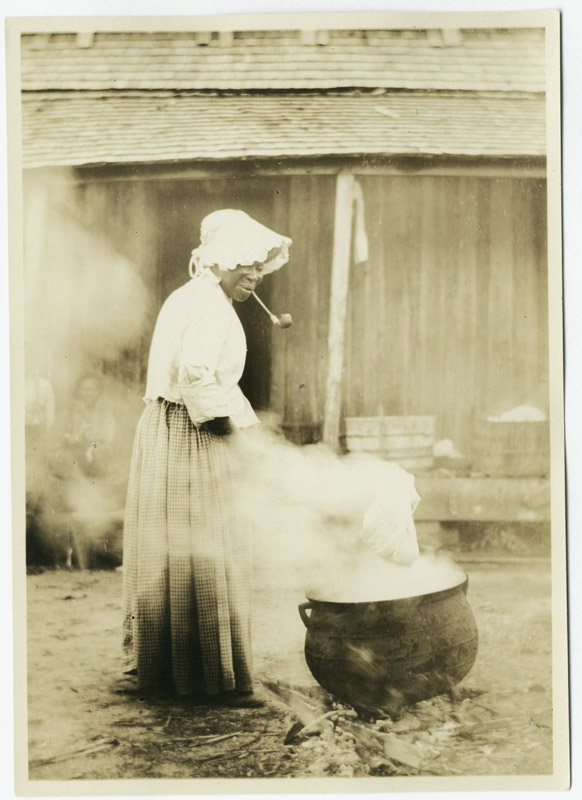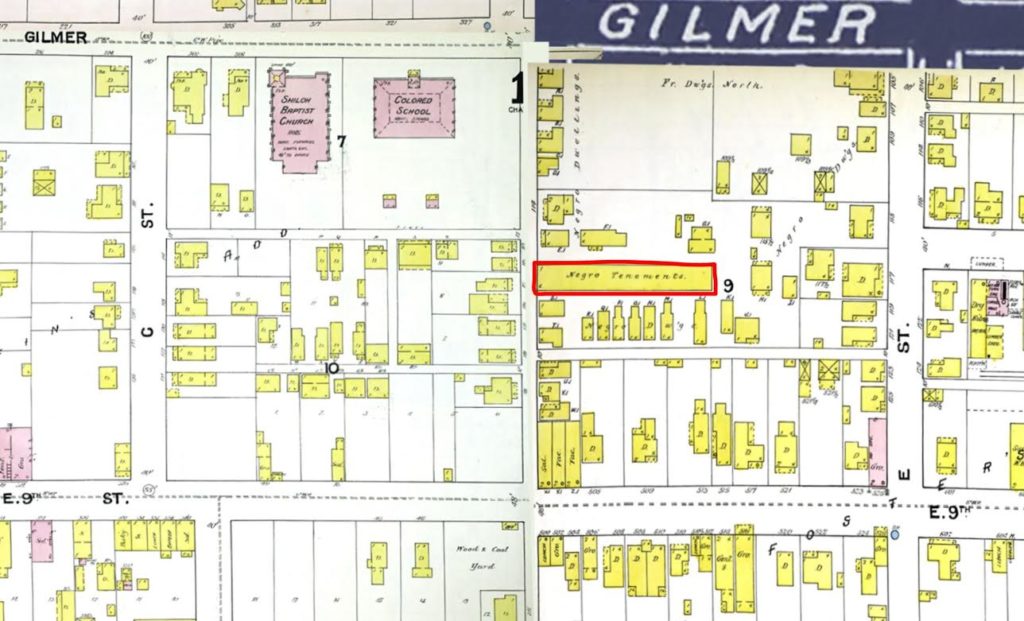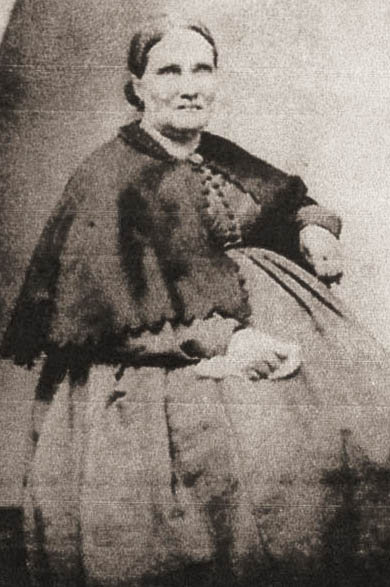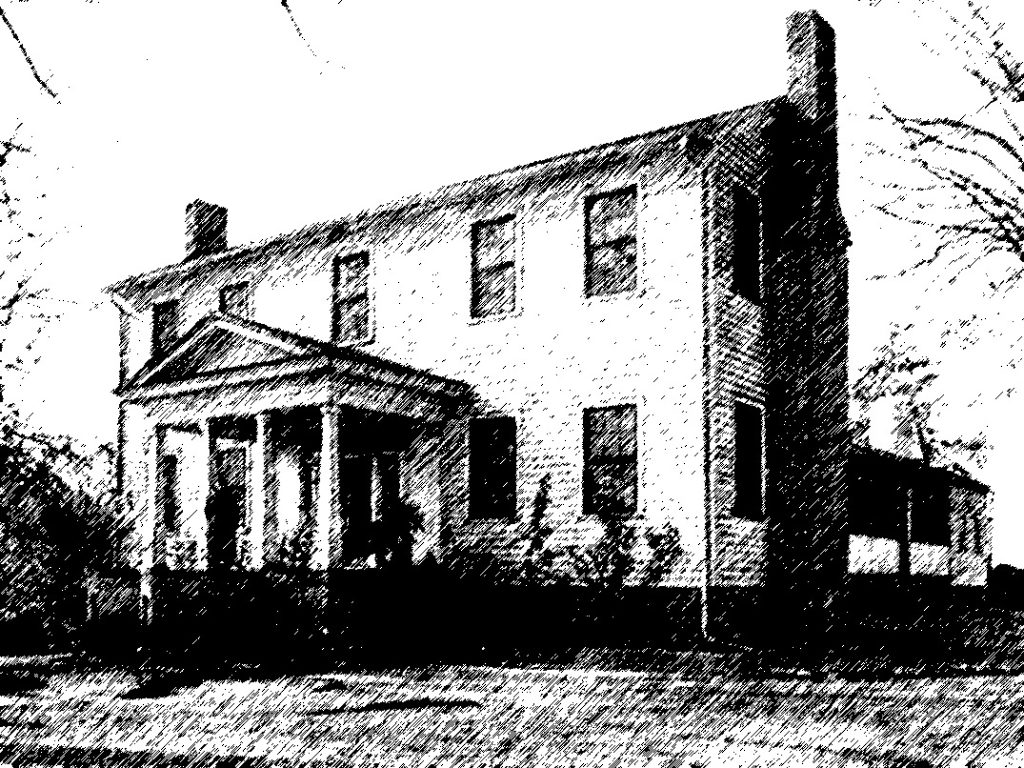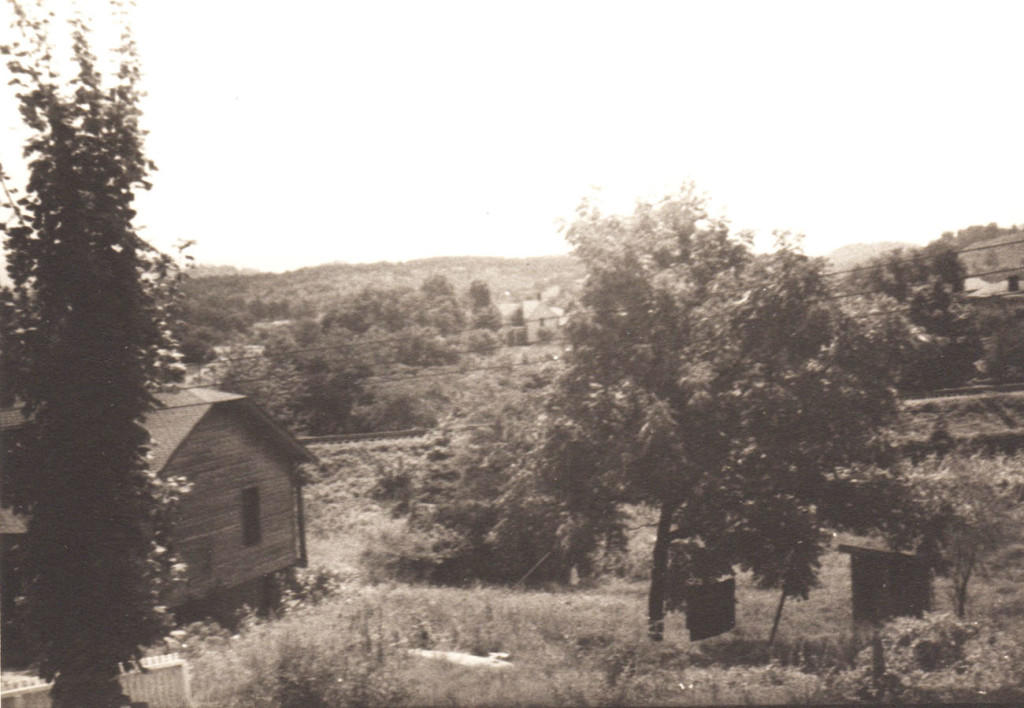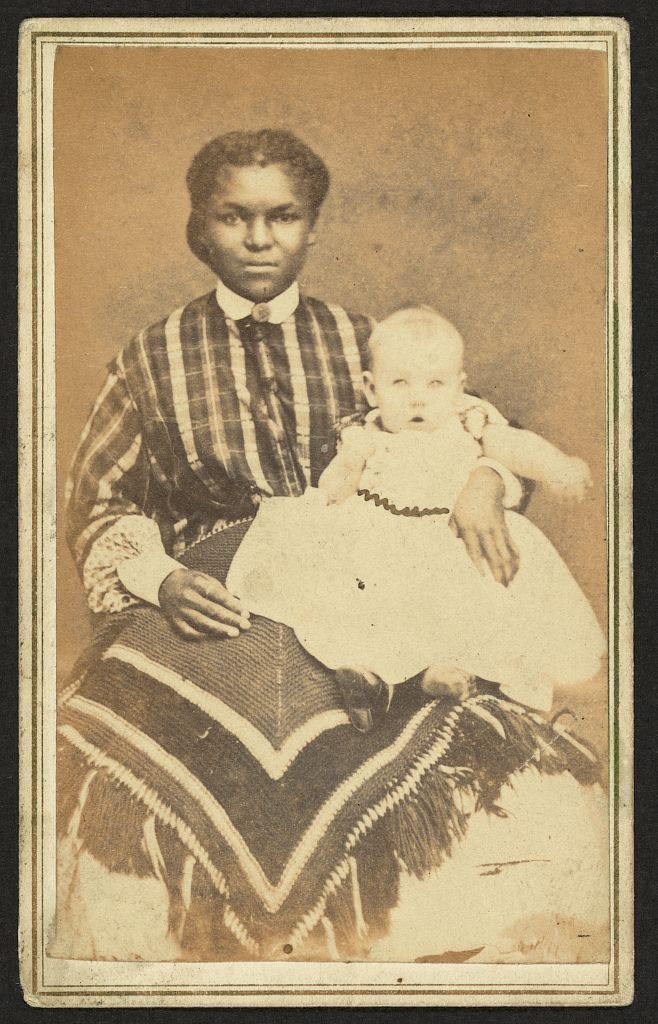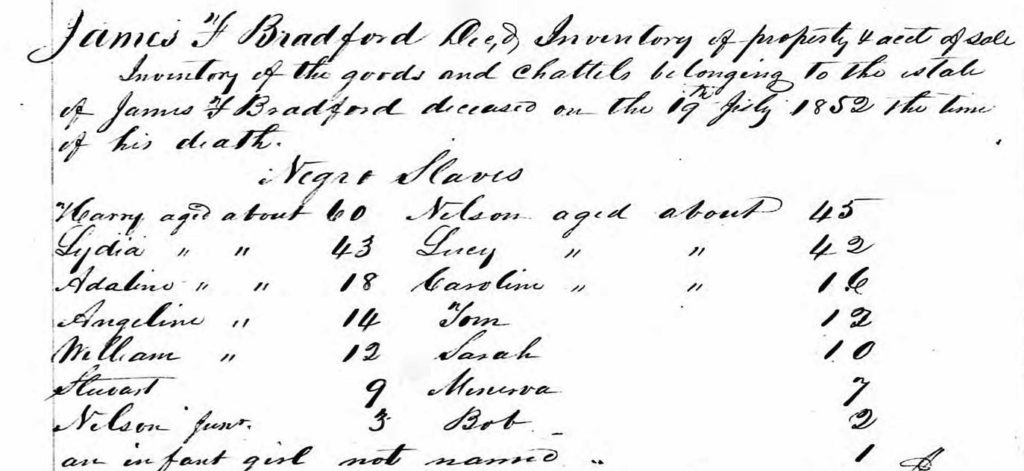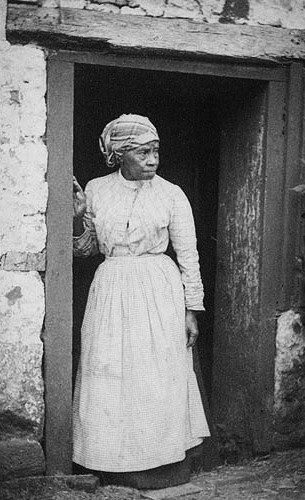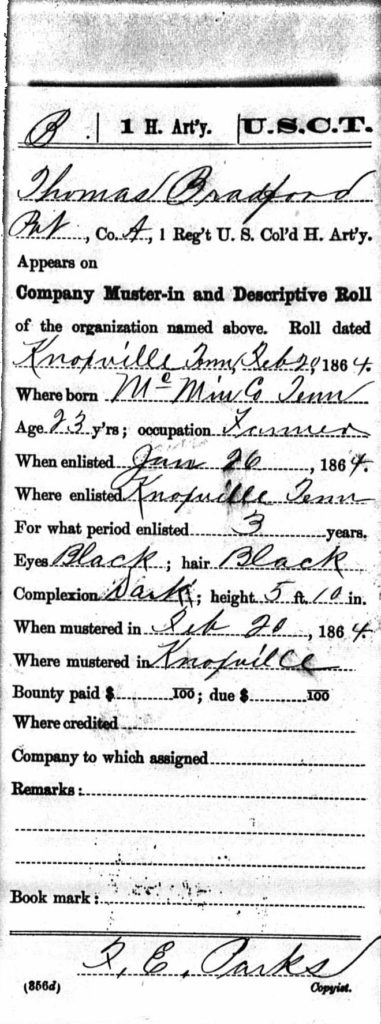Chattanooga, Tenn., July 31, 1890
Honorable Commissioner of Pensions
Washington, DC
Sir;
I have the honor to return, herewith, all the papers in case # 288.391, of Katie Cleage, widow of Philip Cleage, late of Co. A. 1st U.S.C. Vol., H. Arty’ and whose post office address is No. 519 Cedar St. Chattanooga, Tenn. The soldier died in the service Feby’ 19, 1865 and claim made by Katie Cleage is the result. Case was referred for special examination to determine whether the claimant was the legal wife of the soldier and whether she has again married since the death of soldier.
In report of special examination dated March 28th 1889 the examiner recommended rejection and the case was submitted to the board of pensions for consideration. The case was subsequently referred for further special examination because the testimony obtained by the special examiner is more favorable to her case than otherwise.
I believe I have exhausted all sources of information relating to this case and relating to reputation of claimant. I am obliged to disagree with former examiner. The claimant is an industrious, steady, hard working woman. She is not bright intellectually and is quiet deaf, which makes it difficult to obtain information from her. The fact that she has not been strictly virtuous at all times does not affect her reputation for truthfulness and I am unable to find any one who questions her integrity.
The testimony is confused and contradictory and in some instances where shown to be inaccurate, the persons testifying were honestly mistaken, notably, James F. Bradford relating to death of Nelson McCaury. Bradford does not know claimant and was misinformed about claim and stated his views honestly and conscientiously. Lucy McCaury is an old colored woman, honest and conscientious, but is clearly mistaken in her testimony relating to claimants marriage, though on my second visit to her, she persisted in that statement. Charles A. Cleage, Thomas Bradford, Sallie Cleage Marsh, all bear good reputations, but were clearly prejudiced and their testimony together with that of Patsy Cleage and Adeline Shurman is contradicted in many particulars by Jemima Cleage (claimant’s former owner) and by Dr. Atlee.
John H. Cleage and Mrs. T. A. Cleage Sr. were biased, not particularly against this claimant, but in general principals against all pensioners and applicants for pensions. Sgt., of soldiers Affidavit of William Pinter, later 1st Sgt. of soldier’s company is filed by request of claimant’s attorney. After careful consideration and in view of all the circumstances and the intercessors, I am of the opinion that the claims should be admitted,
Very respectfully
Your Obd, Svt,
J. A. Davis
Special Examiner
*******
This information is from Katie Cleage’s Widow Pension file.
For other posts in this series, click this link – Katie Cleage’s Pension Hearing
